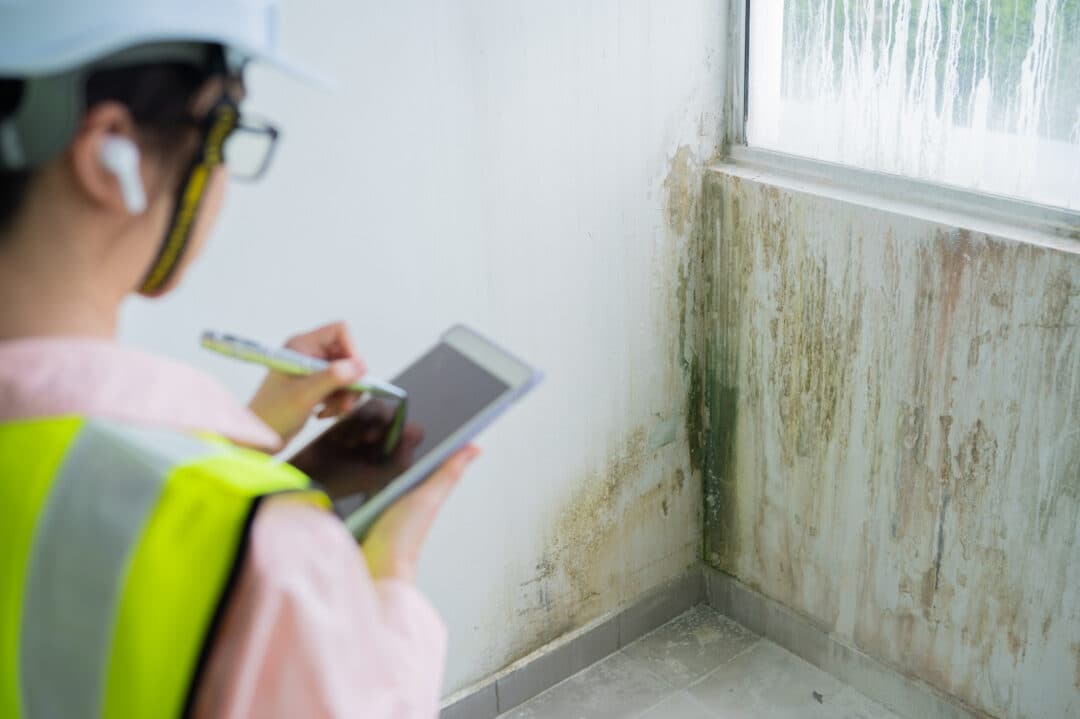Mental health matters to landlords too

The stigma surrounding mental health is waning and awareness drives, like World Mental Health Day on 10th October 2023, serve as a timely reminder to be kinder to ourselves and those around us.
Pressure, stress and anxiety come from many sources, but life’s biggest milestones are often at the root. Death, divorce, illness and kids can all result in poor mental health, but another event is cited as one of life’s most stressful – and that’s moving home.
In fact, research released in 2021 by Just Move In discovered that 1 in 3 people found moving house to be more stressful for their mental health than childbirth. Of those questioned, 27% dreaded the conversations they had to have with energy providers, while 69% felt agents could do more to help home movers.
Additionally, the charity Shelter found almost two-thirds of renters in large swaths of the country – about 4.4 million people – said their mental health had worsened since 2022 due to housing worries. The matter was more prominent for some groups, with half of all disabled renters saying they had become more ill due to worrying about their living conditions.
Landlords need to be included in the home moving and property demographic. They also buy and sell property and worry about living conditions. What’s more, property investors are at the mercy of market trends and the wider economic outlook, perhaps even more than the average owner-occupier, with equal exposure to detrimental or distressing situations.
The NRLA (National Residential Landlords Association) highlights how running a buy-to-let portfolio – or even just a single rental property – is tough, especially for those who self-manage. Brought to our attention is the expectation of being available 24/7, piles of paperwork, increasing amounts of red tape, emergency call-outs, new lettings legislation, responsibility for stringent living standards, legal proceedings and even abuse from tenants.
Then there’s the opprobrium that accompanies the phrase ‘rogue landlord’. It’s a very tiny minority of landlords who run illegal, substandard buy-to-lets, but sadly some quarters of the media – and society – would like to tar all landlords with the same brush.
There’s also negativity surrounding merely being a landlord – even if you’re a good one. Just the word is enough to rile many, a shame given there are over 5m privately rented properties and they’re so important and almost all well maintained and managed.
The above is all par of the course if you own a buy-to-let in calm, stable economic times but recent years have brought about additional stresses, pushing some landlords to their limits.
The NRLA says the post-Covid landscaped has left a trail of damaging negatives, including job losses, rent arrears and delays to court proceedings. Its data revealed 40% of landlords said the pandemic had had a ‘negative or very negative’ impact on their mental health.
More recent events have served to compound the issue, with high inflation, rising interest and mortgage rates, the cost-of-living crisis and radical reforms in the shape of the Renters’ Reform Bill serving as black clouds on a landlord’s horizon. As a result, many are struggling to make a profit, with LandlordBuyer reporting that a property investor’s profits may fall to just £7 a year in 2023, blamed on higher mortgage rates crippling landlords who need to remortgage and increasingly stringent S24 taxes.
This sentiment is echoed by figures from Cornerstone Tax. It found only 1 in 5 landlords said their investment had been profitable in 2023, while a further 1 in 5 commented they became a landlord without sufficient knowledge and had lost thousands as a result.
Although many of the mental health conversations pertain to supporting tenants, the same support is available to landlords. Viewber has come across many resources in our quest to improve the mental health of our own property team.
We are a signatory of the Mindful Employers Charter, which openly demonstrates our commitment to better mental health at work, and we have our own St John Ambulance-trained Mental Health First Aider in the shape of CET, Kate Campbell-Balcombe.
Resources landlords may find helpful include:
- Mental Health First Aid – online self-care tools
- Mind –0300 1233393
- The Samaritans – 116 123
- Money Advice Service – 0800 138 7777
- StepChange – 0800 138 1111
- Rethink Mental Illness Advice Line – 0300 5000 927
- Saneline – 0300 304 7000
- NHS Talking Therapies – self refer here without a GP referral
- CALM (Campaign Against Living Miserably) –0800 58 58 58
- Shout – text 85258 to start a confidential conversation about your mental health
Viewber is also here to support landlords who feel overwhelmed by property management and buy-to-let tasks, especially at a distance. They can lighten the load by using one – or several – of our ‘on your behalf’ services, which include:
- Accompanying visits & hosting open house events
- Conducting property inspections & producing reports
- Undertaking block & communal area checks
- Viewing a property with a view to purchasing
- Issuing EPC certificates
- Conducting compliant fire door, PCFRA & alarm checks
- Attending a property to let in, ‘sit and wait’, & lock-up (trades, deliveries & third parties)
- Taking photographs, producing floorplans & creating 360° tours
- Key handover & key holding
Please get in touch if you would like to know more about Viewber or are struggling with anything property related. If we can’t help, we will know someone who can.



